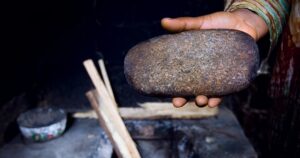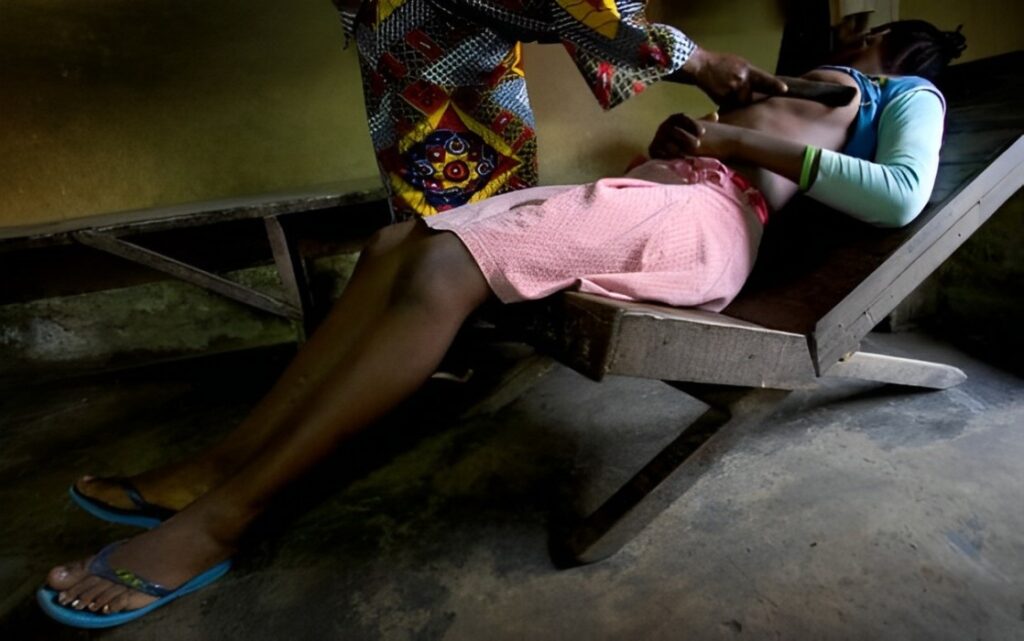ButSpeak.com
News which Matters.

Breast ironing, a harmful practice aimed at protecting young girls from sexual harassment, leaves lasting physical and psychological damage, underscoring the urgent need for cultural and legal reforms.
Breast ironing, a deeply rooted cultural practice aimed at protecting young girls from sexual harassment and early marriage, continues to inflict severe physical and psychological damage on millions of girls across Africa. This practice, particularly prevalent in Cameroon, involves pounding and massaging a young girl’s developing breasts with hard or heated objects in an attempt to delay breast growth.
The methods used in this practice are brutal, ranging from wooden pestles and heated hammers to coconut shells and grinding stones. These procedures are typically carried out by close female relatives, such as mothers or grandmothers, in private settings to avoid detection, especially by male family members. The consequences of breast ironing include intense pain and tissue damage, difficulties with breastfeeding, an increased risk of infections, cysts, and even breast cancer.

The historical context of breast ironing suggests that it may have evolved from ancient practices intended to alleviate nursing pain or even out breast sizes. However, in its modern form, it has become a method of exerting control over young girls’ bodies, reflecting broader societal issues where women lack autonomy and are often not socialized to negotiate safer sex practices.
Organizations like GIZ and RENATA have led efforts to raise awareness of the dangers of breast ironing and advocate for legal action. In some countries, such as Nigeria, legal frameworks criminalize harmful traditional practices, including breast ironing. However, enforcement remains weak, and deeply ingrained cultural beliefs often override concerns about health and well-being.
Personal stories, like that of Elizabeth John, a Cameroonian refugee in Nigeria, highlight the profound impact of this practice. Subjected to breast ironing at the age of 10, Elizabeth has endured years of pain and complications, including difficulties with breastfeeding that tragically led to the loss of her child.
Breast ironing is a stark reminder of the extreme lengths to which communities will go to protect girls from the pervasive threat of sexual abuse. To truly eradicate breast ironing, it is crucial to address the root causes of sexual abuse, improve the overall safety and rights of women and girls, and create a society where such brutal practices are no longer seen as necessary.
Governments, human rights organizations, and communities must work together to educate, advocate, and enforce laws that protect girls from harmful traditions like breast ironing. Only through sustained awareness and action can the cycle of pain and oppression be broken, allowing future generations to grow up free from such brutality.